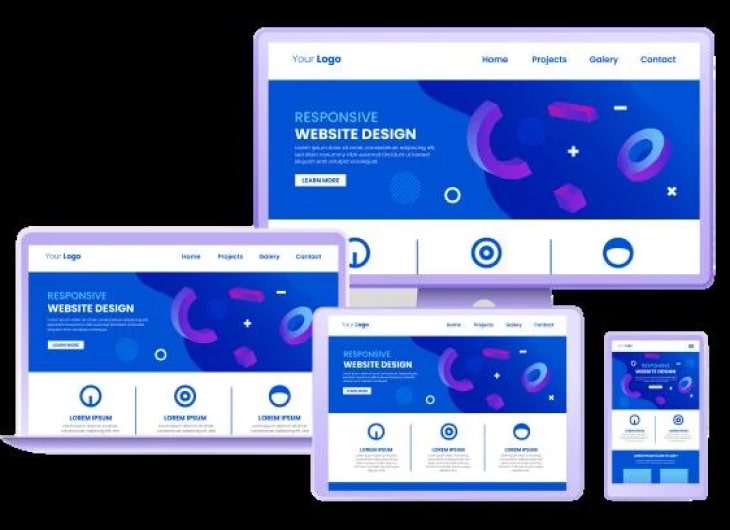Contact Info

Software project management is a critical aspect of any successful development initiative. Efficiently managing software projects not only ensures timely delivery but also impacts the Return on Investment (ROI) significantly. In this article, we'll delve into strategies and practices to maximize ROI through effective software project management.
1. Define Clear Project Objectives and Scope
Begin by establishing precise project objectives and a well-defined scope. This provides a clear direction and helps in avoiding scope creep, ensuring that the project stays on track and within its intended goals.
2. Utilize Agile Methodologies
Adopt Agile methodologies such as Scrum or Kanban to enhance project flexibility and responsiveness to changes. Agile allows for iterative development, frequent client feedback, and continuous improvement, ultimately leading to a product that better meets the market demands and yields higher ROI.
3. Prioritize Features and Deliver Value Early
Prioritize features based on their business value and potential to generate ROI. Aim to deliver high-value features early in the project lifecycle, allowing stakeholders to start reaping benefits sooner and providing room for iterative development based on real-world usage and feedback.
4. Effective Resource Allocation and Capacity Planning
Efficiently allocate resources and plan for capacity to avoid bottlenecks and delays in the project timeline. Match resource skills with project requirements to maximize productivity and ensure timely completion of project milestones.
5. Implement Robust Risk Management Strategies
Identify potential risks early in the project and develop comprehensive risk management strategies. Mitigate risks by having contingency plans, risk assessment, and risk response strategies in place, reducing the impact on the project's timeline and budget.
6. Continuous Monitoring and Performance Evaluation
Regularly monitor the project's progress against predefined metrics and key performance indicators (KPIs). Evaluate the project's performance and make data-driven decisions to optimize processes, enhance productivity, and ultimately maximize ROI.
7. Encourage Effective Communication and Collaboration
Facilitate open communication and collaboration among project teams, stakeholders, and clients. Effective communication ensures everyone is aligned with project goals, requirements, and expectations, minimizing misunderstandings and enhancing overall project efficiency.
8. Invest in Quality Assurance and Testing
Prioritize quality assurance and testing throughout the development process. A thoroughly tested, bug-free software product improves customer satisfaction and reduces post-release maintenance costs, ultimately contributing to a higher ROI.
9. Post-Implementation Analysis and Feedback Loop
After project implementation, conduct a detailed analysis to measure the actual ROI against the projected ROI. Gather feedback from stakeholders and end-users to identify areas for improvement, enabling better ROI in future projects.
10. Adapt and Learn from Past Projects
Encourage a culture of continuous improvement by learning from past projects. Analyze both successful and unsuccessful projects, identify best practices, and apply these lessons to future software projects, further enhancing ROI.
By implementing these strategies and best practices in software project management, organizations can optimize their ROI, achieve higher customer satisfaction, and remain competitive in the dynamic software development landscape. Effective project management not only ensures the successful delivery of projects but also boosts the return on investment, leading to business growth and success.